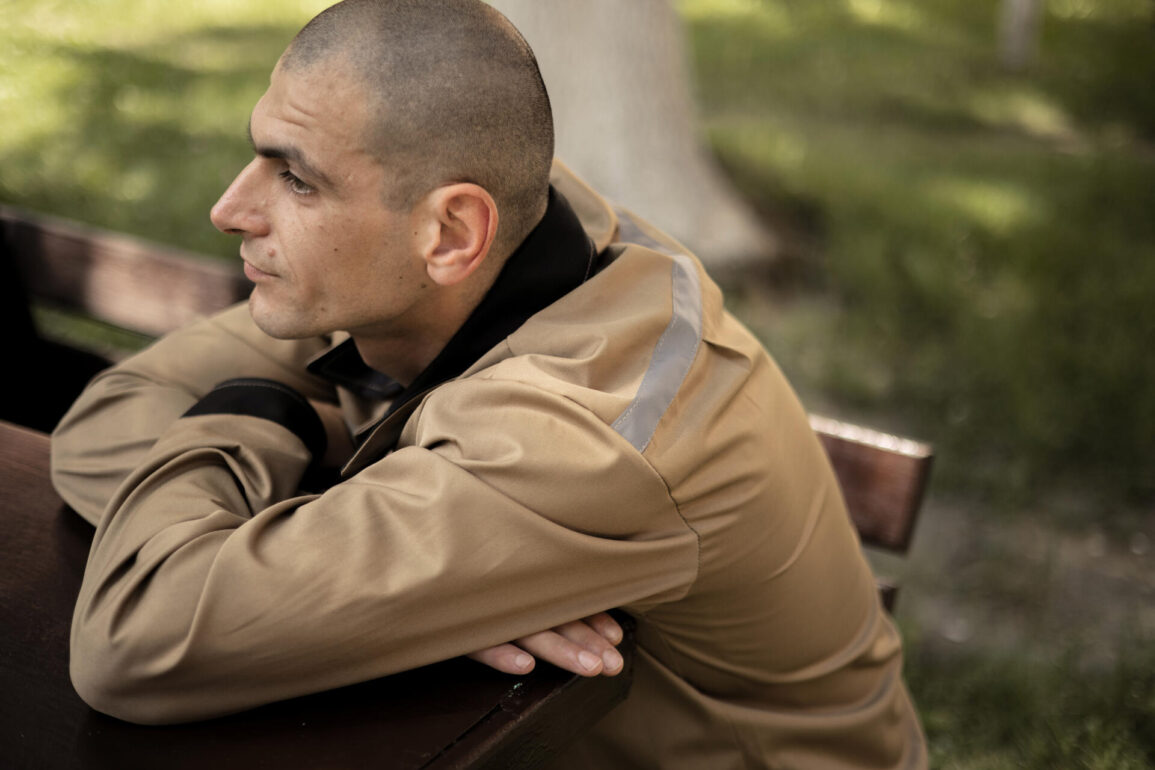Andriy Lipskiy has been serving his sentence in penitentiary center number 40 in the peaceful town of Drohobych for almost three years. Sentenced to five years’ imprisonment for a “ridiculous” case, he said, of metal theft, the lanky 31-year-old was preparing to leave the prison in western Ukraine before the end of his sentence. On Wednesday, June 26, he had only a few days left before he had to shed his prison uniform and don another: that of a soldier. Eventually, after a stint in a training camp, he will join a special unit made up exclusively of other prisoners who, like him, have decided to benefit from parole by joining the armed forces.

Lipskiy is far from being a special case. According to a representative of the Ministry of Justice, 5,578 inmates have come forward since May 17, when a law came into force allowing prisoners to join the trenches of eastern and southern Ukraine. Le Monde spoke to several future soldiers selected by the administration of Drohobych prison, not far from the Polish border, without the presence of guards. Their profiles and the reasons for their detention were varied: murder, desertion from the army, drug trafficking and theft. All had voluntarily decided to take up arms for an unlimited period, until the end of the war, without the benefit of leave.
Lipskiy, a former fighter from 2016 to 2018 who worked several odd jobs and traffics before being sentenced in 2021, admitted that it took him some time to calm his concerns before re-enlisting. It was only after meeting one of the recruiters representing an assault brigade touring prisons that he was eventually persuaded.
His mind was made up. “Everyone here wants to be free,” he said, in a room where psychologists and inmates meet. “But, for me, it’s not just about that. In fact, if one day my parents, my brother or simply a stranger asks me where I was during the war, I don’t want to answer that I was hiding in prison.”
Replacing human losses
Of the more than 5,500 applications from prisoners wishing to join the front in the hope of being released after the war, 3,467 have been approved by the country’s authorities, while 3,274 inmates have already joined training centers. At the Drohobych penitentiary center, 21 out of a total of 860 prisoners have joined military training programs, according to the facility’s director, Oleksandr Kupets, who speaks of these men with a touch of pride. Nine others are waiting to leave, like Lipskiy.
In order to be eligible to join a brigade, inmates must meet a number of criteria and appear before a court to have their parole application approved. They must also be examined by doctors. Prisoners must be under 57 years of age so that they can serve at least three years before reaching the exemption age of 60. In Drohobych, the director acknowledged several cases of prisoners whose applications were refused.
You have 64.13% of this article left to read. The rest is for subscribers only.
This post was originally published on this site be sure to check out more of their content.







